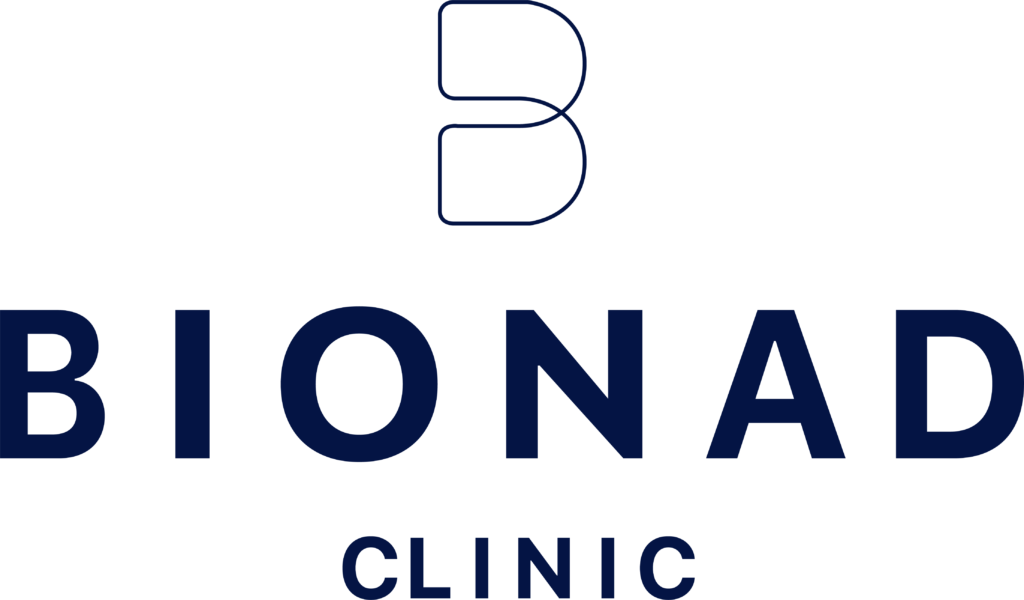Content
Whether you choose to go to rehab, rely on self-help programs, get therapy, or take a self-directed treatment approach, support is essential. Recovering from alcohol addiction is much easier when you have people you can lean on for encouragement, comfort, and guidance. Without support, it’s easy to fall back into old patterns when the road gets tough. But even if you’re able to succeed at work or hold your marriage together, you can’t escape the effects that alcoholism and alcohol abuse have on your personal relationships. Drinking problems put an enormous strain on the people closest to you. Excessive drinking includes binge drinking, heavy drinking, and any drinking by pregnant women or people younger than age 21.
- Those who begin using alcohol as a tool someone uses to unwind after a long day, bolster themselves in social situations, or help them fall asleep progress into the next stage of alcoholism.
- That’s because drinking during pregnancy doesn’t just affect your health.
- The former causes people to relax while the latter is excitatory and makes them more active.
This makes speech and coordination — think reaction time and balance — more difficult. That’s one major reason why you should never drive after drinking. If your body can’t manage and balance your blood sugar levels, you may experience greater complications and side effects related to diabetes. The pancreas helps regulate how your body uses insulin and responds to glucose. If your pancreas and liver don’t function properly due to pancreatitis or liver disease, you could experience low blood sugar, or hypoglycemia. Alcohol use can begin to take a toll on anyone’s physical and mental well-being over time.
Symptoms
Sometimes alcoholism develops suddenly in response to a stressful change, such as a breakup, retirement, or another loss. Other times, it gradually creeps up on you as your tolerance to alcohol increases. If you’re a binge drinker or you drink every day, the risks of developing alcoholism are greater. People who have become chronic alcohol abusers may go through alcohol withdrawal syndrome if they suddenly cut back or stop drinking. This potentially-fatal condition should always be performed under the careful guidance of medical personal. If you or someone you care about are struggling with some of the symptoms of alcoholism, there is a possibility that an unhealthy alcohol use pattern has begun to develop.
By Buddy T
Buddy T is a writer and founding member of the Online Al-Anon Outreach Committee with decades of experience writing about alcoholism. Because he is a member of a support group that stresses the importance of anonymity at the public level, he does not use his photograph or his real name on this website. Males, college students, and people going through serious life events or trauma are more likely to experience AUD.
Careers – Join Our Team
However, what may appear as a minor issue can turn dangerous over time. Seeking treatment sooner rather than later will allow you to get back to the things you enjoy most in life. Your doctor can see how well your liver is functioning by testing the levels of aspartate aminotransferase (AST) and alanine
aminotransferase (ALT).
Expose your teen to healthy hobbies and activities, such as team sports, Scouts, and after-school clubs. Discovering your child is drinking can generate fear, confusion, and anger in parents. It’s important to remain calm when confronting your teen, and only do so when everyone is sober. Explain your concerns and make it clear that your concern comes from a place of love.
Patient Care Network
There is growing evidence for genetic and biologic predispositions for this disease. First-degree relatives of individuals with alcohol use disorder are four to seven times more likely to develop alcoholism than the general population. Research has implicated a gene (D2 dopamine receptor gene) that, when inherited in a specific form, might increase a person’s chance of developing alcoholism. Alcohol problems vary in severity from mild to life threatening and affect the individual, the person’s family, and society in numerous adverse ways. Despite the focus on illegal drugs of abuse such as cocaine, alcohol remains the number-one drug problem in the United States.
What are the mental symptoms of alcoholism?
Many clinical features of AUD have significant overlap with other psychiatric disorders, including sleep disturbances and negative emotional states such as worry, dysphoria, sadness, or irritability that often occur during cycles of alcohol intoxication, withdrawal, and craving.
Many drinking problems start when people use alcohol to self-soothe and relieve stress (otherwise known as self-medicating). Getting drunk after every stressful day, for example, or reaching for a bottle every time you have an argument with your spouse or boss. Alcohol overdose, called “alcohol poisoning,” is a potentially deadly, very serious consequence of drinking large quantities of alcohol in a relatively short period of time. If you suspect that you or someone you love has alcohol poisoning – this is a medical emergency. During end-stage alcoholism, a person may struggle with involuntary rapid eye movement (nystagmus) or weakness and paralysis of the eye muscles due to thiamin (vitamin B1) deficiency. This deficiency can also cause dementia if not treated immediately.
Many adolescents who participate in underage drinking are unaware of the long-lasting complications that can transpire from alcohol use. Teens may turn to alcohol for various reasons including peer pressure, wanting to experiment or have fun. There are also behavioral, physical and environmental factors that may play a role in the risk of adolescent alcohol abuse. Denial is one of the main reasons why millions of people do not receive treatment for alcoholism.
What is wine belly?
The term “wine belly” typically refers to the belly fat that some people accumulate after regularly consuming wine or other types of alcohol. While the name might suggest that this phenomenon is exclusive to wine drinkers, it actually applies to anyone who frequently drinks alcohol.
Using one or more of several types of psychological therapies, psychologists can help people address psychological issues involved in their problem drinking. A number of these therapies, including cognitive-behavioral coping skills treatment http://newtimecafe.ru/granat.phtml and motivational enhancement therapy, were developed by psychologists. Additional therapies include 12-Step facilitation approaches that assist those with drinking problems in using self-help programs such as Alcoholics Anonymous (AA).
Alcoholism
If you find yourself rationalizing your drinking habits, lying about them, or refusing to discuss the subject, take a moment to consider why you’re so defensive. If you truly believe that you don’t have a problem, you shouldn’t have a reason to cover up your drinking or make http://www.catholicgrandparentsassociation.org/popes-message-for-world-day-of-the-sick-2023/ excuses. Experiencing repeated legal problems on account of your drinking. For example, getting arrested for driving under the influence or for drunk and disorderly conduct. Repeatedly neglecting your responsibilities at home, work, or school because of your drinking.


